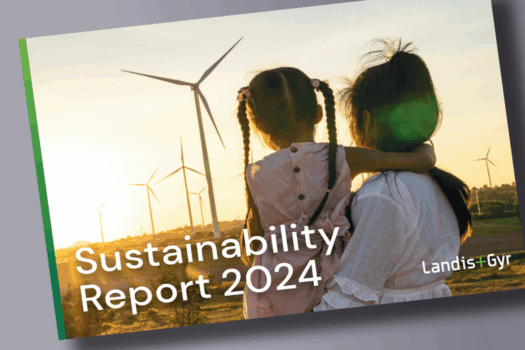Tips
- Gain an overview of the similarities and differences between the reporting requirements that are relevant to you
- Select a core reporting element and supplementary reporting formats that will collectively cover the requirements and can be implemented in target group-specific manner.
- Work selectively with external partners to generate new ideas and increase efficiency. At the same time, build up non-financial competence internally.
- Think of non-financial management and reporting as a journey – you will face many challenges that need to be managed creatively.
For a long time, non-financial reporting was a neglected aspect of corporate reporting. This has changed rapidly. The wave of current requirements – NFRD, CSRD, KVI counterproposal, TCFD, taxonomy – has swelled, posing significant challenges to companies. As with surfing, the right technique and preparation are essential to use this energy profitably. The value this reporting creates can sustainably strengthen the company’s position.
Statutory reporting as the core
For several years, ARAG has been required to publish a non- financial statement in accordance with the German implementation of the European Non-Financial Reporting Directive (NFRD). It represents the core of the company’s non-financial reporting and its content is evaluated by an auditor.
Swiss market will follow suit, while the journey continues in the EU
ARAG meets the requirements for the disclosure of non- financial information that will also affect many Swiss companies due to the counterproposal to the Corporate Responsibility Initiative: the obligation to report on topics where the company has a significant impact on the environment and society and that are also relevant to understand the course of business, the business results and the company’s overall situation.
In the EU, reporting requirements are already becoming more stringent as a result of the Corporate Sustainability Reporting Directive (CSRD). This directive requires assurance and expands the range of content to be reported and the group of companies affected. In addition, the European financial sector is subject to increasing regulation on sustainable finance, including applying a taxonomy for assessing the environmental sustainability of economic activities. The first implementation of the taxonomy was applied in ARAG’s non-financial statement for fiscal year 2021.
Preserve the tried and tested and combine it with new requirements
The increase in regulatory requirements may tempt companies to report only on mandatory items in the required manner. Reporting on environmental and social issues might then become a pure compliance exercise. This would be a missed opportunity for dialog with stakeholders.
As a company that maintains open communication, ARAG has been reporting on its sustainability activities for years. It prepares a GRI Sustainability Report that provides information on more topics and in greater depth than required for the non- financial statement. The report also provides illustrative magazine-style examples. The various reporting formats were not abandoned when the non-financial statement was introduced, but rather interwoven.
A package of coordinated target group–specific formats
The use of a “modular system” of coordinated reporting formats makes it possible to implement new requirements in a way that creates communicative added value for different target groups. In the current reporting year, the sustainability report is comprised of the non-financial statement and the GRI report. It is aimed primarily at regulators, raters and rankers, and business partners. The sustainability magazine published in parallel is designed to be attractive to both private customers and employees. The publications reference each other and enable different target groups to be addressed effectively. They are constantly being developed further – for example, the integration of the non-financial statement into the management report will be necessary in the future.
Well-interlocked production processes for efficiency and impact
At ARAG, these report formats are approached holistically, both in the presentation and the production. With regard to the technical focus and the collection of information and data, ARAG works with the sustainability consultancy Sustainserv in such a way that the various departments involved only have to be consulted once about the content. This efficiency ensures consistent content across the reporting formats. Regarding narrative and visual elements, the communications agency Kammann Rossi helps strike the right tone in all formats to strengthen the positioning.
This approach enables ARAG to meet increasing regulations, satisfy the growing demands for more in-depth information, and offer its target groups a clear picture of the company and its non-financial performance.
This article was written by Kathrin Köhler, Sustainability Officer ARAG SE, and Dr. Bernd Kasemir, Managing Partner Sustainserv, for The Reporting Times of the Center for Corporate Reporting.
Get in touch. We are happy to tell you more about it.





